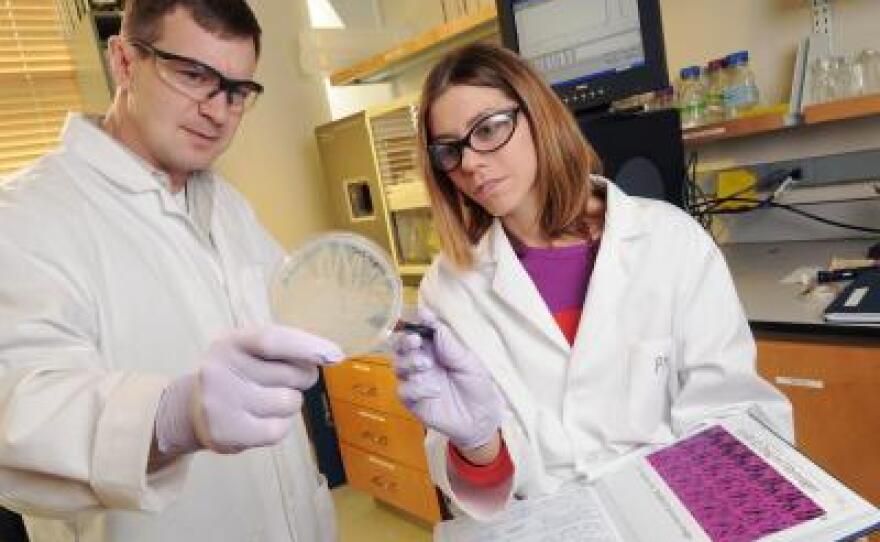Scientists are working on developing artificial blood platelets that could better help troops injured in combat survive their wounds, according to news out of the Georgia Institute of Technology.
A group of researchers from Georgia Tech and Emory University, both in Atlanta, have a project in the works that could one day give service members with traumatic injuries the ability to treat their own wounds:
[T]hey're developing new biomaterials, including artificial blood platelets laced with regulatory chemicals that could be included in an injector device the size of an iPhone.
Soldiers wounded in action could use the device to treat themselves, helping control bleeding, stabilizing the injury and setting the right course for healing. wounded in action could use the device to treat themselves, helping control bleeding, stabilizing the injury and setting the right course for healing.
According to Thomas Barker, associate professor in the Wallace H. Coulter Department of Biomedical Engineering at Georgia Tech and Emory University:
"You could have it literally in the pocket of any soldier, who could pop it out when needed. As the needle is extended, you would break the package of freeze-dried particles. The device would then be placed on the abdomen, where the particles would be injected into the bloodstream. They would circulate inactive until they encountered the initiation of clotting."
The Department of Defense and the National Institutes of Health are funding the research.







